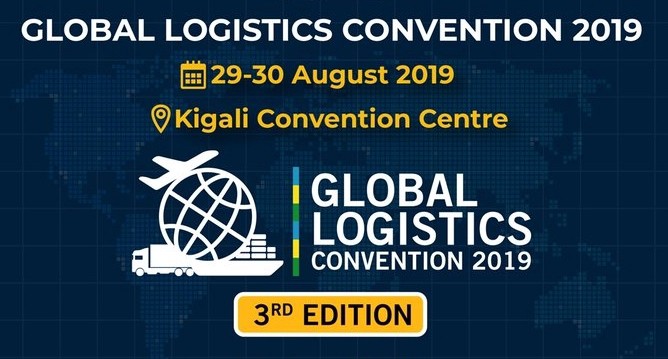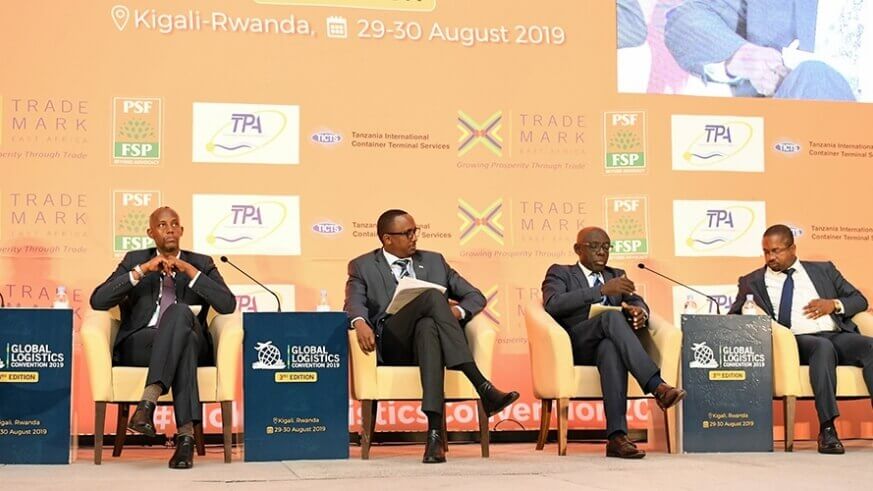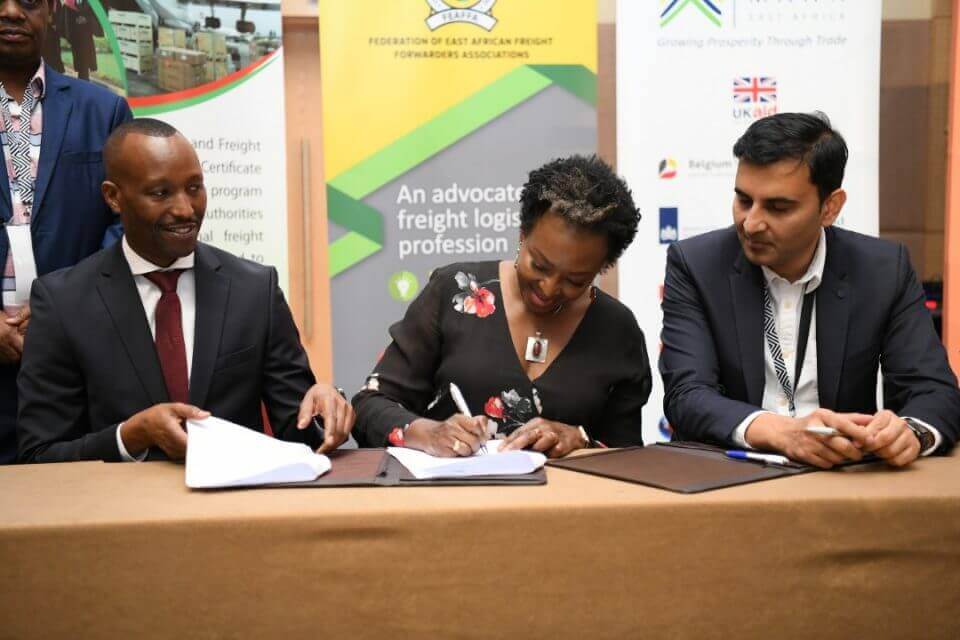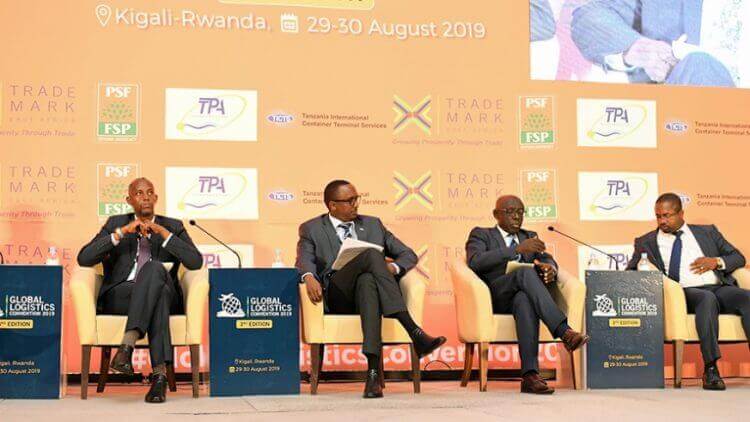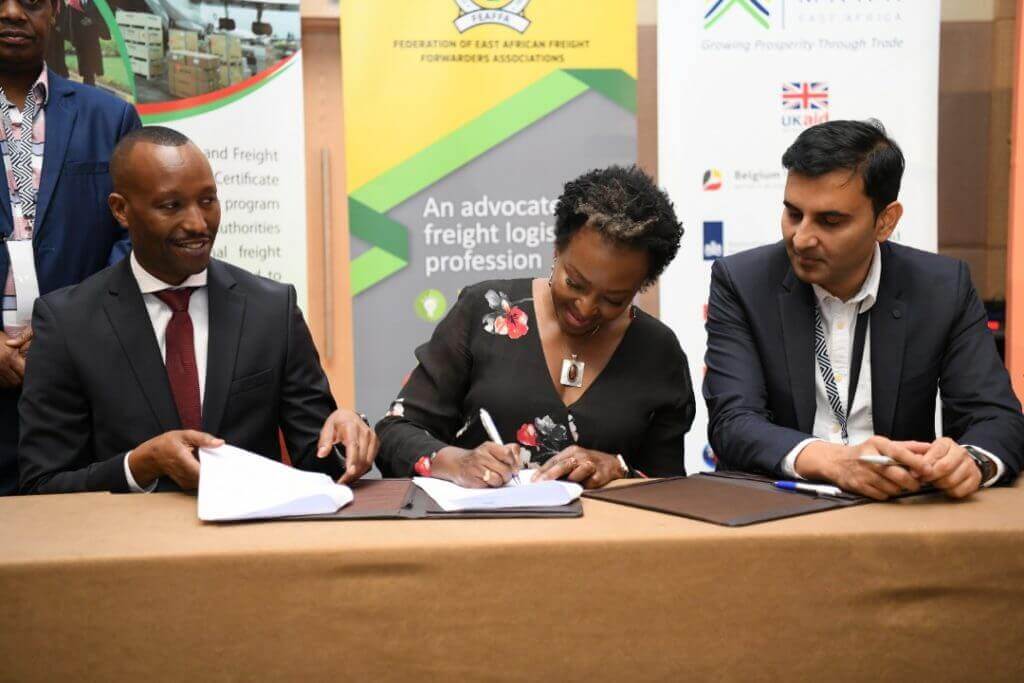Rwanda has implemented a number of trade facilitation initiatives including, Rwanda Electronic Single Window, which has enabled faster clearance of imports and exports. By Our Correspondent August 30, 2019: At the 3rd Global Logistics Convention, $3.5 million deal was signed between Trade Mark East Africa and the Federation of East African Freight Forwarders Association (FEAFFA), to raise capacity in East Africa’s logistics sector. The convention is held at the Kigali International Convention Centre, Rwanda from August 29–30. The four-year EAC Logistics Sector Skills Enhancement Program funded by the United States Agency for International Development (USAID) through TradeMark Africa, and implemented by FEAFFA; will address existing skills gaps in the region that have since resulted into high costs of doing business within the community. The programme will help build skills of customs agents, freight forwarders and warehouse operators. TradeMark Africa’s director, Patricia Ithau and FEAFFA president Fred Seka signed the agreement. During the 3rd Global Logistics Convention, PS @mikesebs said that this convention will offer a unique opportunity to professionals in the transport and freight logistics sectors from all over the world while sharing best practices with transporters and logistics policy makers.pic.twitter.com/nsb0cjqJhJ - Min of Trade |Rwanda (@RwandaTrade) August 29, 2019 After the signing, Seka said the funding will facilitate introduction of a higher-level qualification that will build on the success of the certificate program, such as exposing practitioners to global practices and position them as global logisticians. “The gender gap is still prevalent in the logistics sector. Women make up to only 20 percent...
Trade Mark East Africa, FEAFFA sign $3.5 mn deal at Rwanda convention
Posted on: September 2, 2019
Posted on: September 2, 2019

